As a cardiology doctor in Phoenix, Dr. Makki uses many tests to diagnose potential cardiovascular problems. He may, for example, use an electrocardiogram (ECG) to look for evidence of arrhythmia (abnormal heart rhythms). He may also use ultrasound to directly visualize the functioning of the heart’s valves and chambers to detect signs of carotid artery disease (CAD) or peripheral artery disease (PAD).
But some heart disorders do not always appear when the patient is resting in a chair or reclining on an examination table, and manifest only when the heart is more active, and “under load.” So another tool in the cardiology doctors’ arsenal of diagnostic methodologies is the stress test, which enables them to determine the amount of exertion (stress) that your heart can manage before it develops either ischemia (insufficient blood flow to the heart muscle) or abnormal rhythms.
What exactly is a stress test?
First, you can relax, because the test itself only takes about 10 minutes, and is not particularly stressful. For most patients, skipping breakfast the morning of the test is the most stressful part. The most common type of test used by the doctors at Comprehensive Interventional Care Centers is an exercise stress test, in which the patient is asked to walk on a mechanized treadmill. The pace of the treadmill advances through a standardized protocol of speed and incline changes, which vary every three minutes to place increasing loads on the heart.
During the test, the patient’s blood pressure and ECG readings are continuously monitored, and the doctor periodically questions the patient about possible symptoms. If chest pain develops, this can be an indication of a blocked artery that is causing ischemia. The reduced blood flow from the ischemia will also be reflected in the changing electrocardiogram readings and in blood pressure measurements. This information can help the doctors pinpoint problems with heart rhythms that only appear under stress conditions.
Do you need to have a cardiac stress test?
The best way to answer this question is to call our offices at 888.377.7122 and schedule an appointment for an initial consultation and examination. During this examination, some of the best vein doctors in Phoenix will use more standard tests to evaluate your heart health, and will recommend a stress test only if they feel it is necessary. For more information about any of these procedures, please visit our website at www.ciccenters.com.
